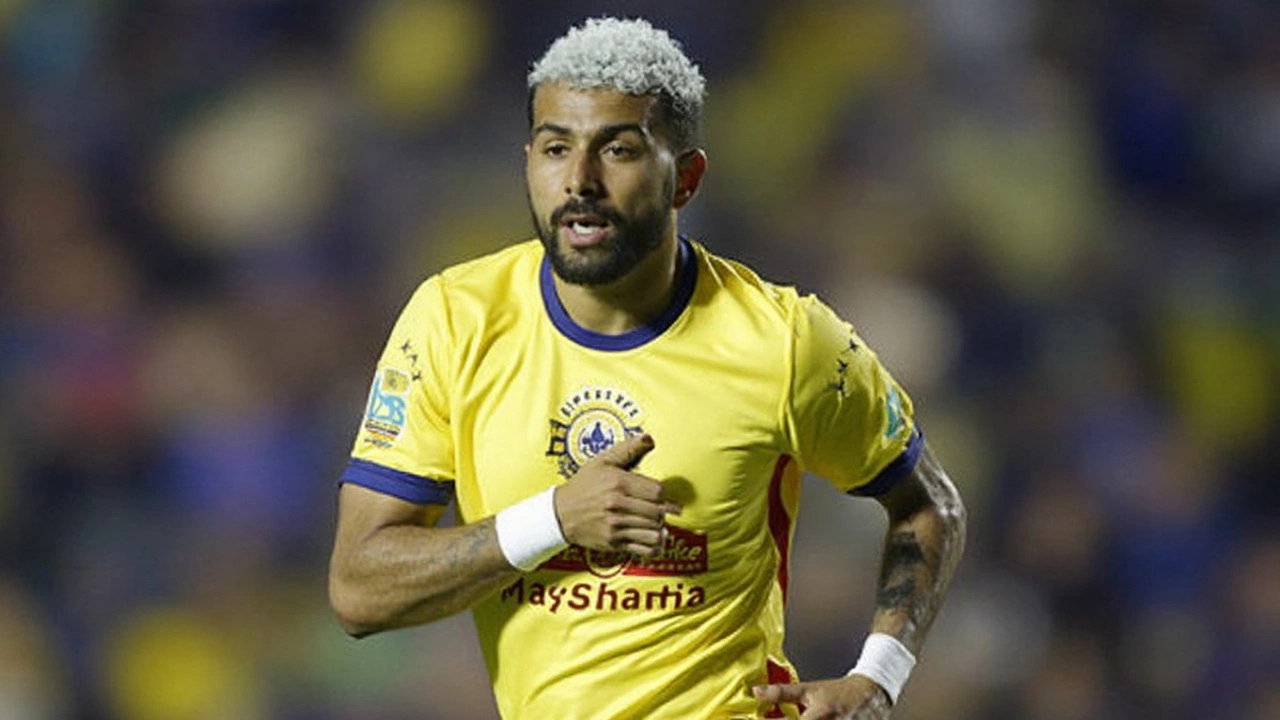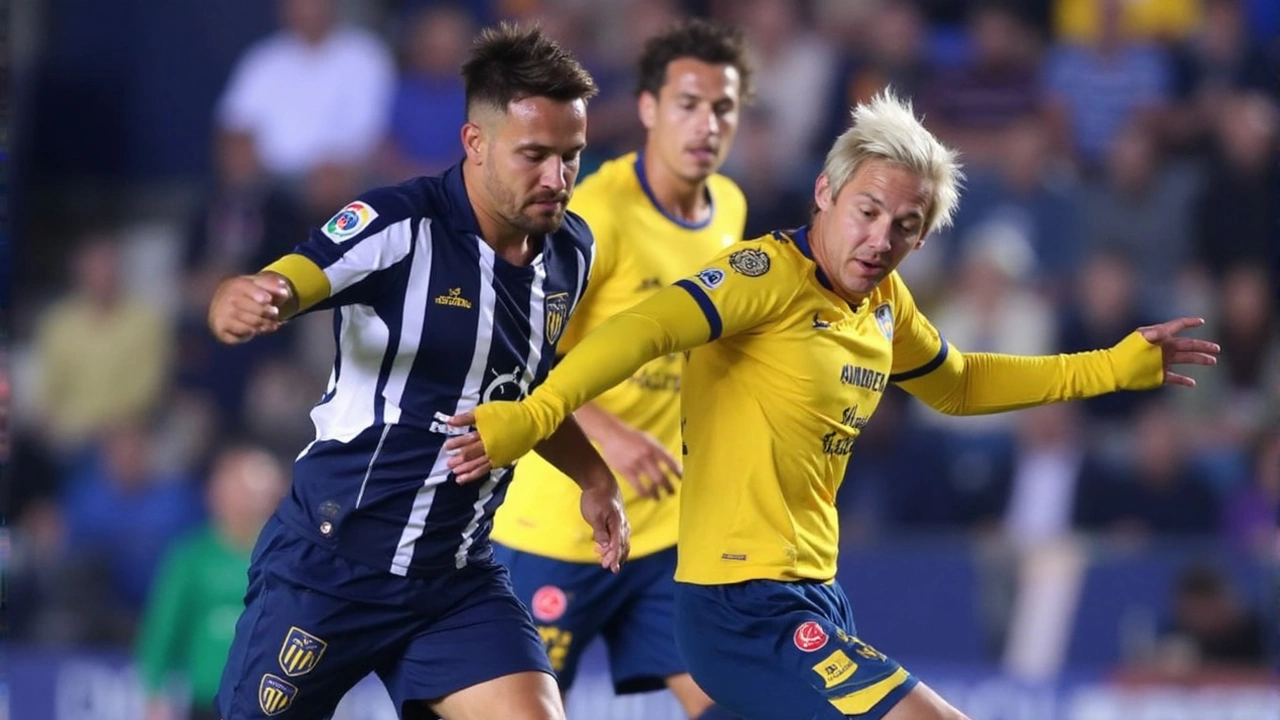In an epic showdown that reaffirmed their position at the top of Mexican football, Club América celebrated their third consecutive Liga MX title after a tense 3-2 aggregate triumph over Monterrey. This victory in the 2024 Apertura final not only bolstered América's stature but also added a historic 16th title to their impressive collection.
First Leg Triumph—A Crucial Win
The journey to glory started at Estadio Cuauhtémoc, where América broke a 33-year dry spell in first-leg finals by securing a vital 2-1 win. It was Monterrey's Sergio Canales who first stirred hope for the visitors with a remarkable long-range goal. However, América's resilience shone through when Kevin Álvarez responded swiftly with an equalizer, setting the stage for Alejandro Zendejas to seize the lead with a well-timed strike just into the second half. This crucial advantage laid the groundwork for their eventual triumph.
Monterrey, determined to overturn their fortunes, found themselves constantly on the back foot thanks to América's robust performance, particularly in the second half. Injuries to key figures like Henry Martín and Lucas Ocampos threatened to derail their campaign, yet América's adaptability in tactics signaled their deep bench strength and strategic acumen.

Second Leg Strategy—Sealing the Deal
The scene shifted to Monterrey's home ground, Estadio BBVA, for a gripping second leg, which ended in a 1-1 draw, ultimately tipping the aggregate in América's favor. Richard Sánchez, with a jaw-dropping goal, sparked América early on. Monterrey's Johan Rojas managed to cut down the aggregate lead but failed to fully wrest control back from the visiting side. Monterrey’s chance to turn the tables was further hampered by multiple missed opportunities and tactical struggles.
Tactically speaking, América’s ability to tweak their formation despite injuries and relentlessly exploit weaknesses in Monterrey's setup was the deciding factor. The dependable partnership between Álvaro Fidalgo and Zendejas provided a persistent threat, ensuring América’s strategic depth was on full display. On the other hand, Monterrey's game largely leaned on Canales, whose brilliance in playmaking was evident but insufficient without the support due to Ocampos’ absence.
Ultimately, América's adaptability and persistent pressure confirmed their superiority in this era of short tournaments, sustaining their deserved reputation as Mexico's premier team and foreshadowing bright prospects for their future campaigns.


